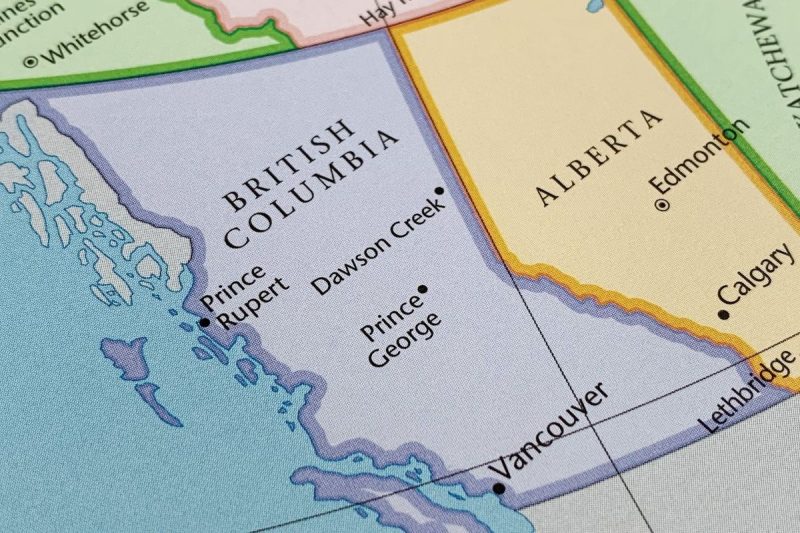The recent BC provincial election resulted in a narrow victory for the New Democratic Party (NDP), which could have significant implications for the mining industry in the region. The outcome of the election, which saw the NDP secure a minority government, has raised questions and concerns within the mining sector about potential changes in policies, regulations, and economic priorities. The mining industry in British Columbia is a key contributor to the provincial economy, providing jobs and driving economic growth in many resource-rich areas. As such, any shifts in government priorities and policies can have far-reaching consequences for the industry and its stakeholders.
One of the key areas of concern for the mining industry following the NDP’s victory is the potential for changes in environmental regulations and permitting processes. The NDP has traditionally been viewed as more environmentally conscious and supportive of sustainable development practices than other political parties in the province. This has led to speculation that the new government may introduce stricter regulations on mining activities, impose higher environmental standards, and place additional restrictions on new mining projects. While these measures may be welcomed by environmentalists and conservationists, they could pose challenges for the mining industry in terms of compliance costs, project timelines, and overall competitiveness.
Another issue of importance for the mining sector in light of the NDP’s victory is the potential impact on resource development and exploration initiatives. The mining industry relies heavily on a stable regulatory environment, clear permitting processes, and government support for investment in new projects. Any uncertainty or delays in the approval of exploration permits, mining licenses, or land access agreements could hinder the growth and expansion of the industry in British Columbia. Moreover, changes in government priorities and policies may influence the allocation of resources, funding priorities, and incentives for mining companies, which could affect investment decisions and project feasibility.
Furthermore, the relationship between the NDP government and Indigenous communities in British Columbia is another factor that could shape the future of the mining industry in the province. The NDP has emphasized its commitment to reconciliation with Indigenous peoples, respect for Indigenous rights, and meaningful consultation on resource development projects. This could lead to increased Indigenous participation in decision-making processes, stronger requirements for Indigenous consultation and consent, and new opportunities for partnerships between mining companies and Indigenous communities. However, balancing the interests of Indigenous groups, mining companies, and the government in a way that promotes economic development while respecting land rights and environmental concerns remains a complex challenge.
In conclusion, the outcome of the recent BC provincial election and the victory of the NDP have raised important questions and uncertainties for the mining industry in the province. Changes in environmental regulations, permitting processes, resource development strategies, and Indigenous relations could all have significant implications for the future of mining in British Columbia. As the new government begins to outline its policy agenda and priorities, it is essential for stakeholders in the mining sector to closely monitor developments, engage in constructive dialogue with policymakers, and adapt their strategies to navigate the changing landscape of regulations, expectations, and opportunities in the industry.
